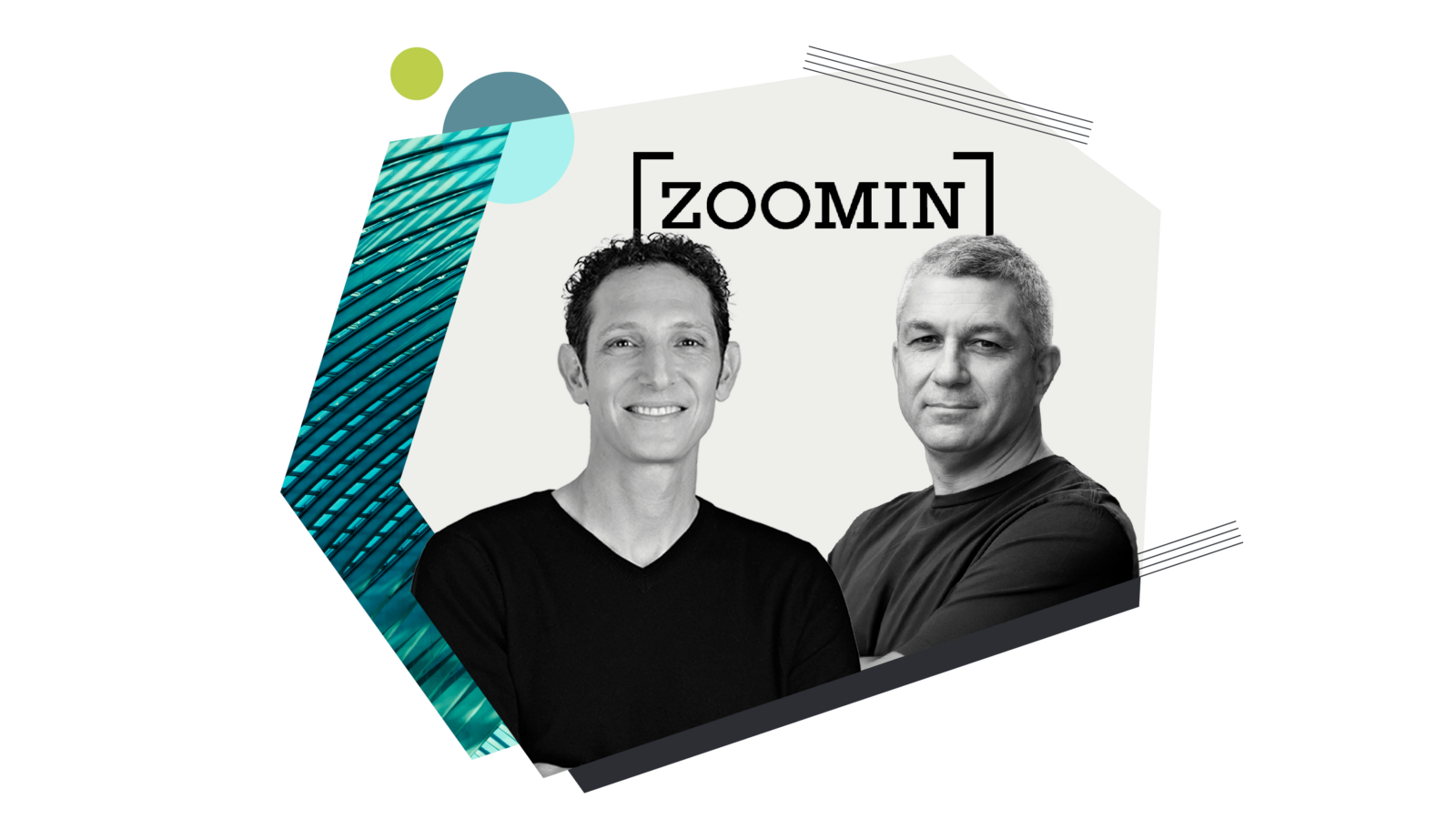Teachable’s Ankur Nagpal on building a platform for the creator economy
His father wished for him to pursue his entrepreneurial dreams. In this spirit, Ankur grew into the CEO of a platform that enabled others to build multi-million dollar businesses around the world.
Ankur Nagpal inherited an entrepreneurial itch. His father longed to build his own business, but as a new immigrant from India, sacrificed his own entrepreneurial dreams to create opportunities for his children so they could strive for more. Ankur grew up eager to achieve what his father could not. “My dad would say, ‘I worked hard so you can afford to take more risks than I ever could.’"
Ankur’s stint as an engineering intern at Amazon reinforced his conviction that traditional jobs were not for him. “Candidly, I hated it,” he says. “My entire team was responsible for a single page in a single dashboard inside Amazon's seller product. It was miserable.’”
This feeling of disempowerment as a cog in an enormous machine not only drove Ankur to become an entrepreneur, but to become an entrepreneur whose business empowers other entrepreneurs—a dynamic he finds incredibly fulfilling.
Today, Ankur is CEO of Teachable, an online platform that enables people to create and sell online courses. There are now more than 100,000 digital instructors who have earned over $500 million on Teachable by teaching courses on topics ranging from programming to cake decorating. In March 2020, Teachable was acquired for a reported value of over a quarter billion dollars by Brazilian creator platform Hotmart. Ankur joined us on This Is Series A to discuss his journey in building the company and the hard-won lessons you can only learn through experience, such as how to trust your own decision-making.
Do one thing really well
Ankur is crystal clear on his top priority: empower creators to build thriving businesses. While some major players in the online course ecosystem have chosen to create consumer-facing marketplaces, Ankur chose to focus solely on creators.
“At Teachable, we believe we have one customer—the creator,” says Ankur. “It's very hard to do more than one thing right. Whenever we've tried to broaden our mission, we've failed due to a lack of focus.” This means that most of his employees’ energy is poured into helping creators stand up their virtual storefronts quickly and maximize their earnings.
After seven years of running Teachable, Ankur is starting to entertain the idea of driving distribution for creators by building a destination for learners to discover courses. But Ankur is holding back until a critical inflection point where the main business model has reached a certain point of momentum and stability.
Still, Ankur treads cautiously and keeps his eye on his original mission. “Even if we one day build a marketplace to drive demand, we're still gonna keep the creator at the center of the universe,” he says. “The trust our community has in us is our most valuable resource, and we’ll go to any lengths to protect it. Because if we lose the trust of our creators, it's game over.”
Customers care about a solution to their problems
To be successful on Teachable, creators must accomplish two challenging feats. First, they must build an audience who looks up to them. Second, they must produce high-quality online course content that attracts and engages this audience.
“Five years ago, we realized that no one actually cares about our software,” says Ankur. “What they want is a solution.” This epiphany prompted him to prioritize two major activation metrics: number of users to make their first sale and speed at which new creators make their first sale.
When Ankur and his team started bundling education with software—including courses on the fundamentals of course creation and audience building—his conversion rates skyrocketed.
In another new development to help creators make sales quickly, Teachable recently rolled out a coaching product, so creators don't need a full-fledged product in order to make their first sale. Instead, they can create a coaching Zoom call as a product, where the fulfillment happens after the point of sale. By putting customer needs first (and recognizing that his software is only a means to an end), Ankur has created a self-perpetuating flywheel of happy customers.
Consume venture capital cautiously
Ankur’s fundraising history was a little unconventional. Where most companies raise more and more in each successive round, Ankur only raised a small amount of capital each time to sustain the business. Since founding the company in 2013, he has raised six rounds, never exceeding $4 million at a time.
“I don't know if it's my Indian parent upbringing or if it’s just my personality, but I could never get comfortable spending much money,” says Ankur. “We were always super paranoid about keeping our burn rate low.” It’s been a decision that’s served him well. After all, more businesses die of indigestion than starvation.
Ankur maintains that a larger injection of capital wouldn’t have allowed him to scale the business significantly without producing diminishing returns. “There are businesses I'm super jealous of who’ve got their customer acquisition cost (CAC) down,” he says. “For them it's really simple: pour money to ads, grow business. But the extra capital was never that helpful to us since our best channels were never paid ones.”
Ankur predicts other savvy founders will begin to ditch the extravagant raises, which sometimes just fuel Silicon Valley excess—such as company retreats in Mexico and lavish holiday parties. “I’m convinced we'll start to see more businesses raise conservatively, as they scale the business and they find their unit economics working. Raising at the right price helps you establish value for your stock.”
Embrace opportunities for international collaboration
When investors told Ankur that Teachable had a tech doppelganger—a wildly successful Brazilian startup called Hotmart with an almost identical business model—his initial reaction was disbelief. "This company can not exist,” Ankur recalls thinking. “There’s no way—I would have heard of them. I know the market.”
After the initial shock subsided that this company existed—and wanted to acquire Teachable—Ankur was compelled by the opportunity to join forces. “I mean, we could skip two years of company building. It was a no-brainer.”
For entrepreneurs, an acquisition can often feel like parting with their baby, but Ankur has somehow managed to secure the best of both worlds. As a natural born entrepreneur and leader, it’s been critical for Ankur to maintain founder-level equity and voting rights in the business. At the same time, he benefits from the diverse expertise and experience of being partnered with a leading platform in the Latin American market.
Ankur, who was born in India and grew up in Oman before coming to America for university, values the richness of international perspectives. “It's very easy to fall into an American-centric viewpoint after living here for 12 years,” he says. “But my upbringing has taught me that there’s so much more than that. It means a lot to me to honor my father’s sacrifice by building an international business.”






